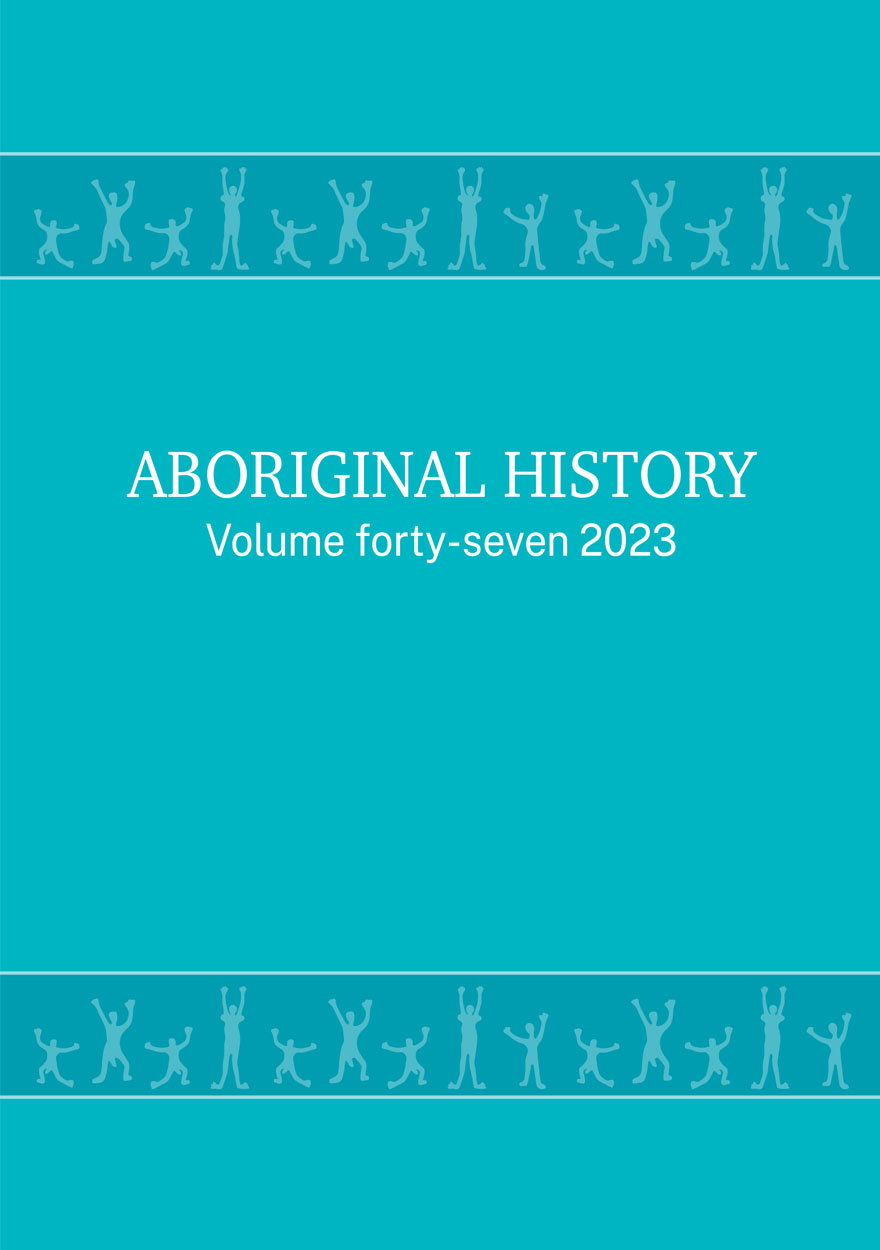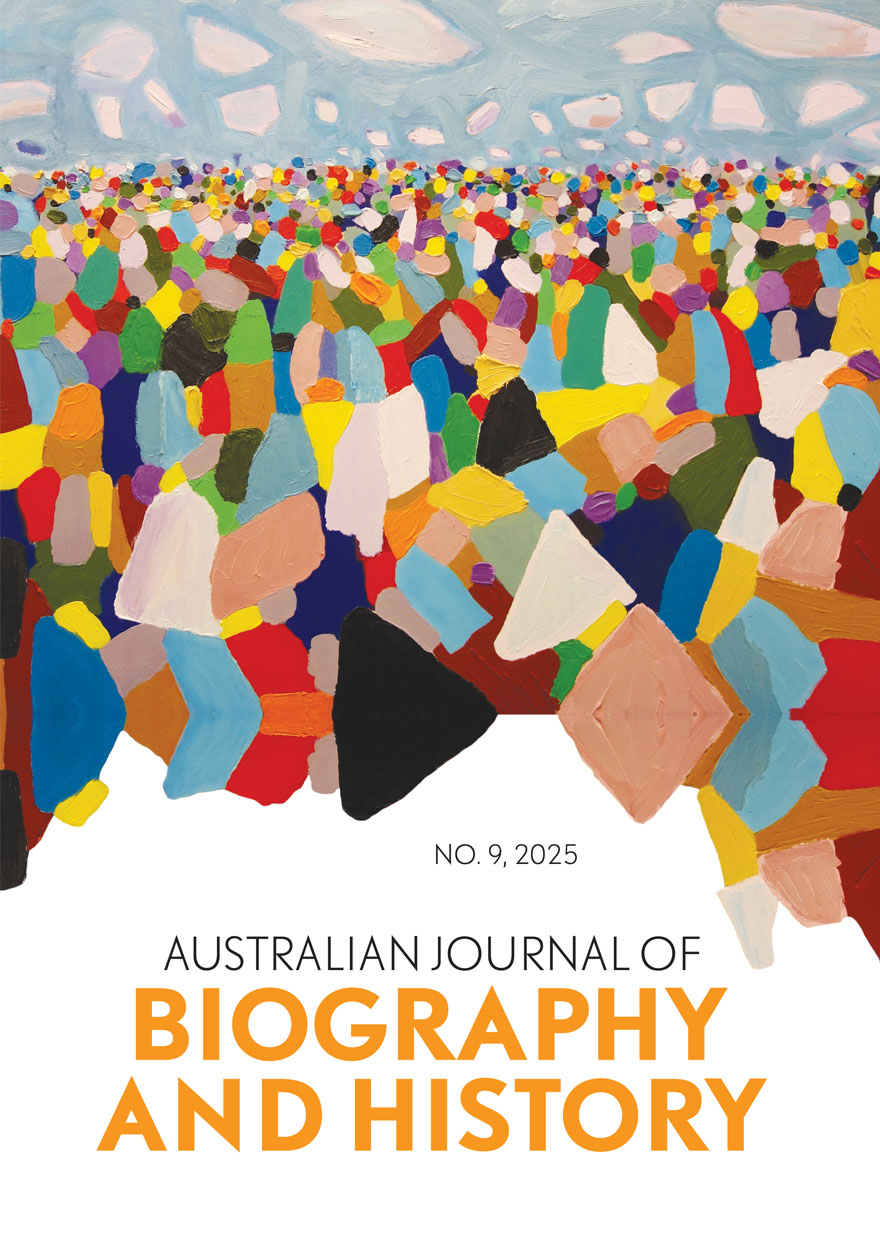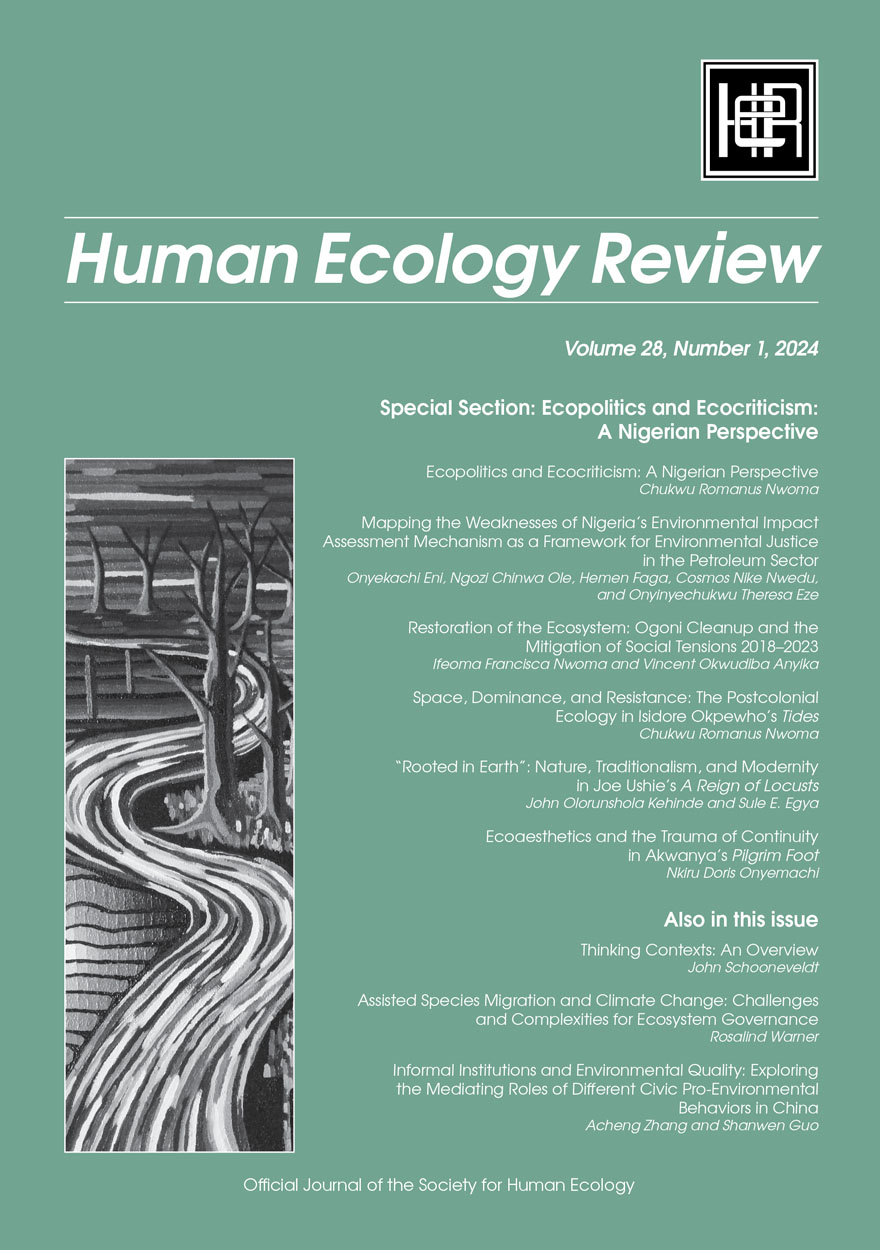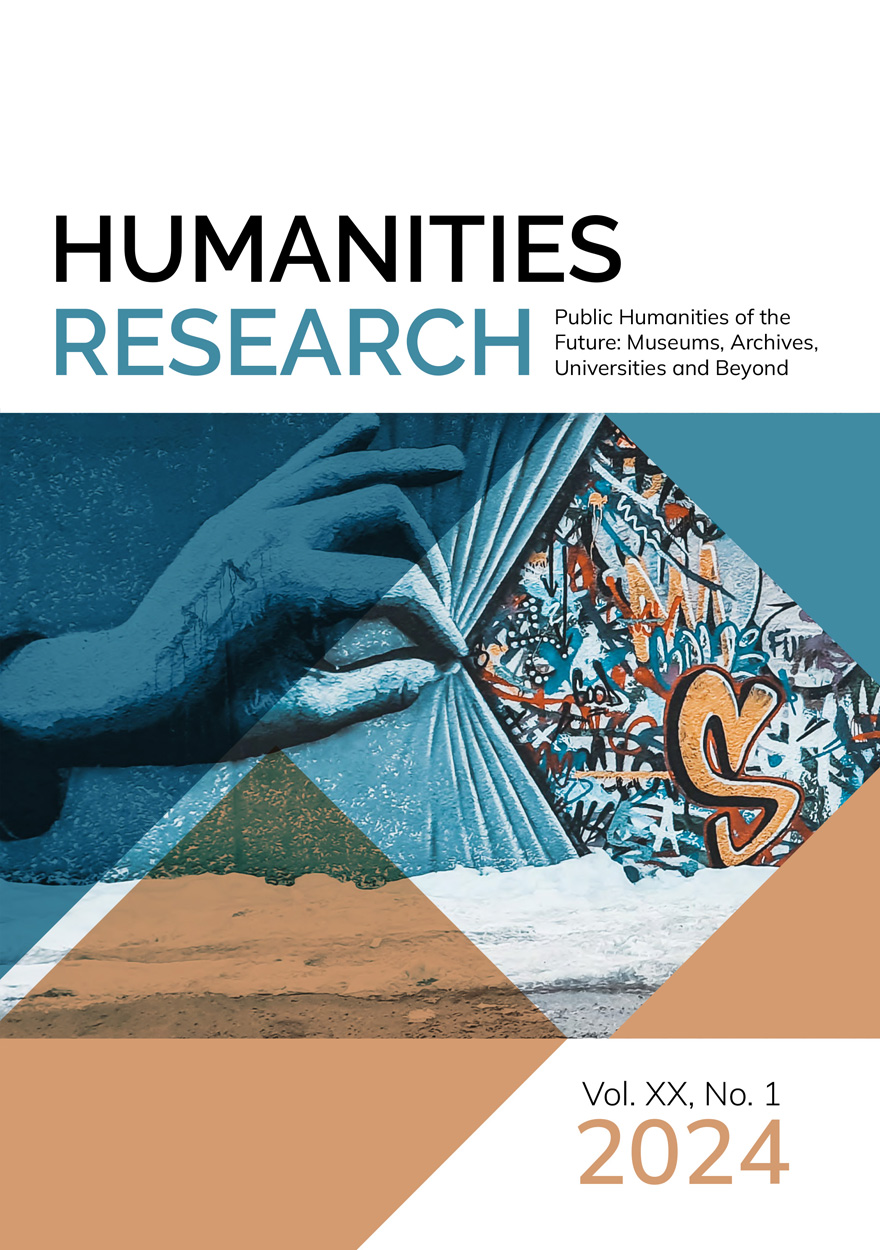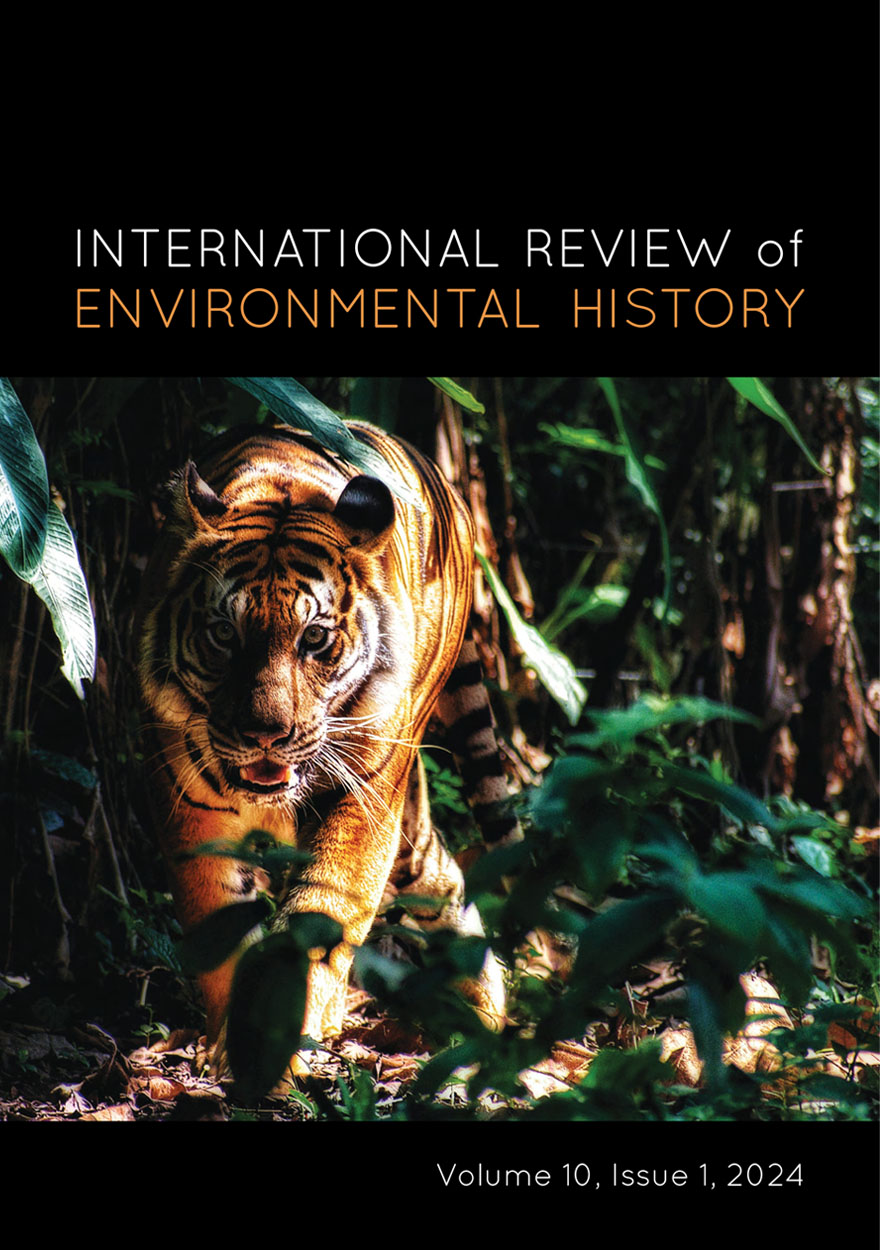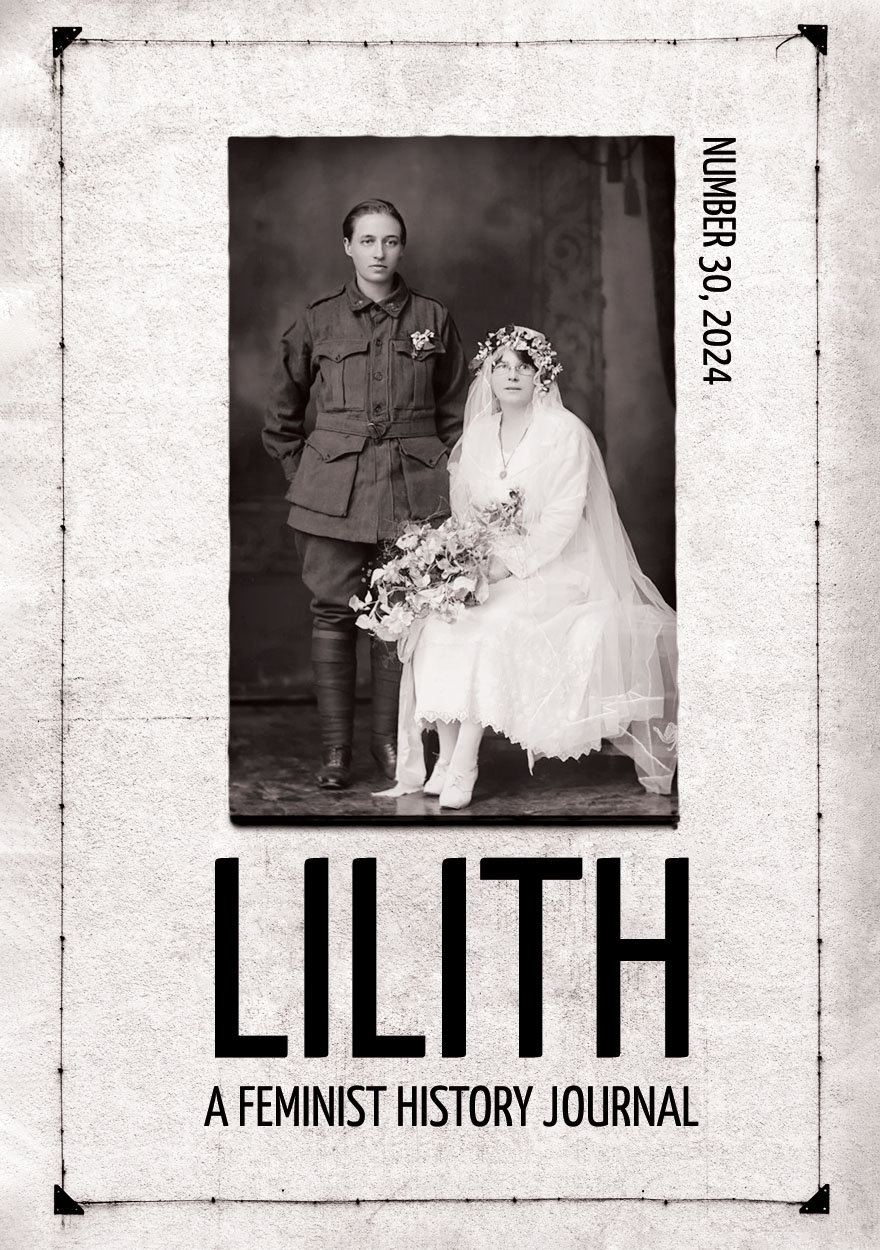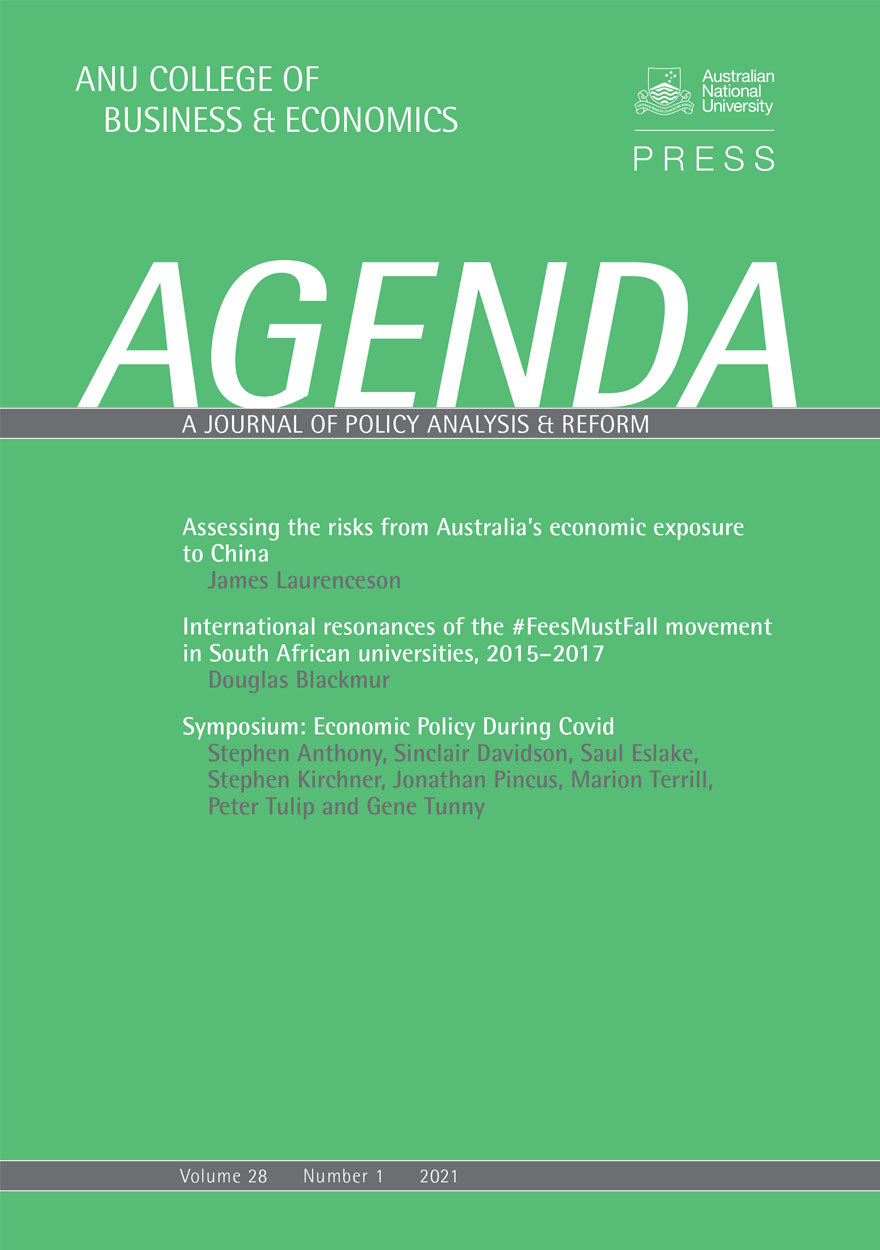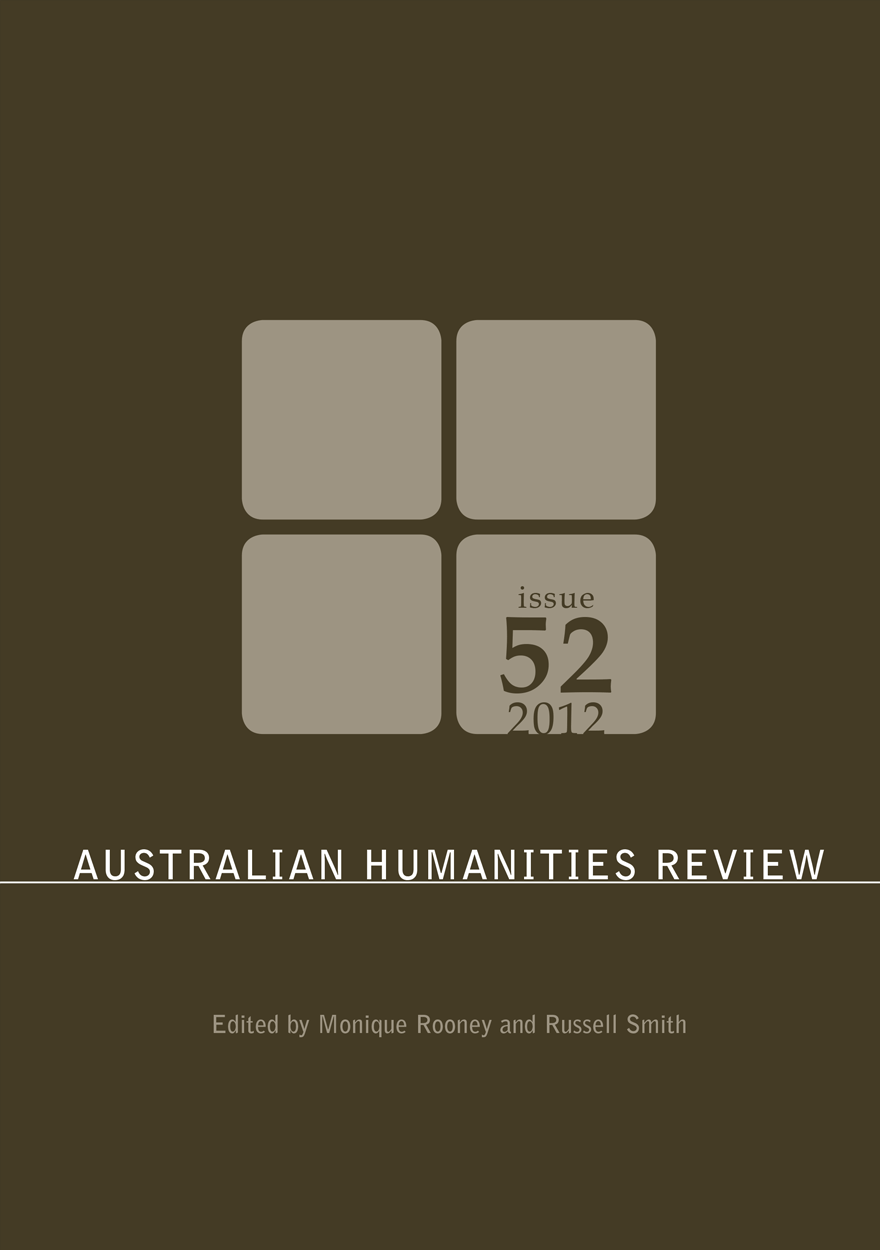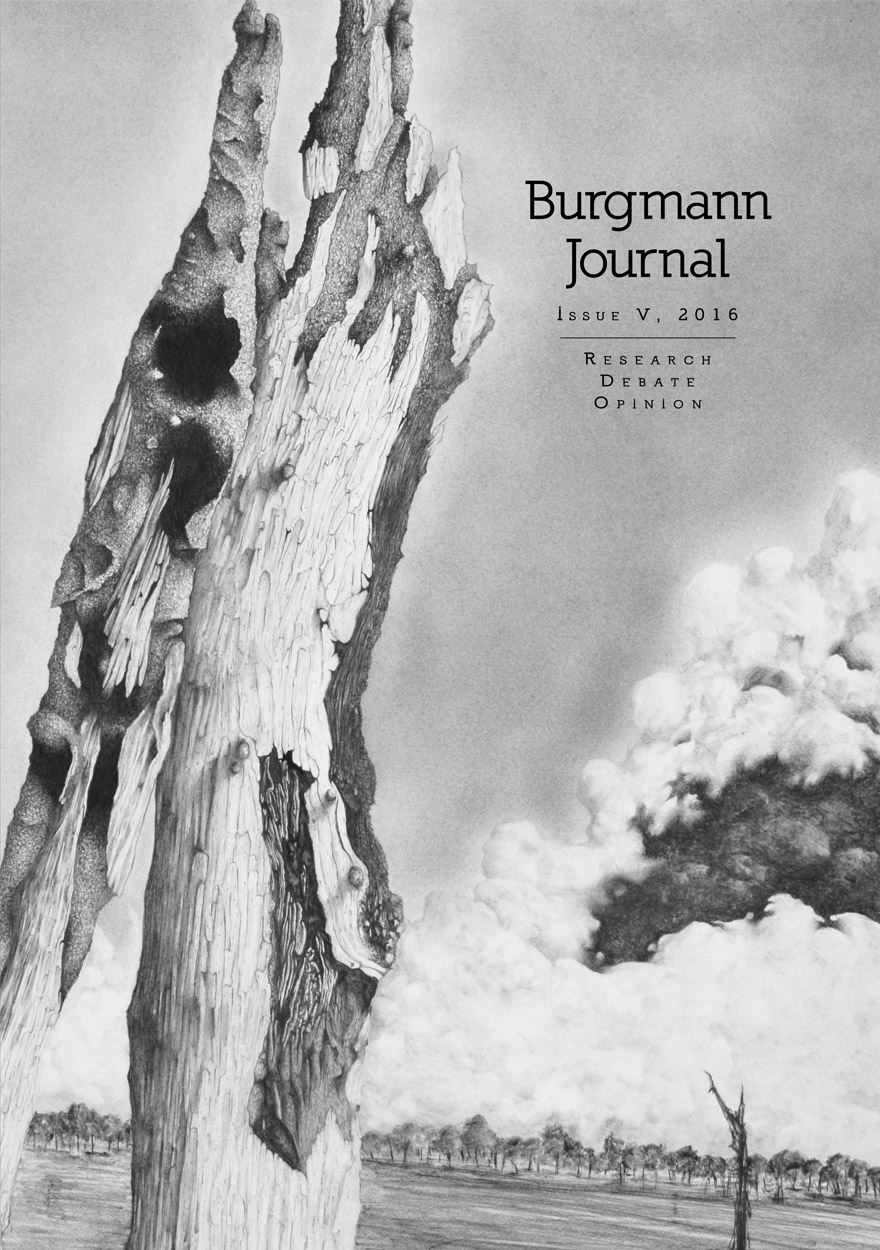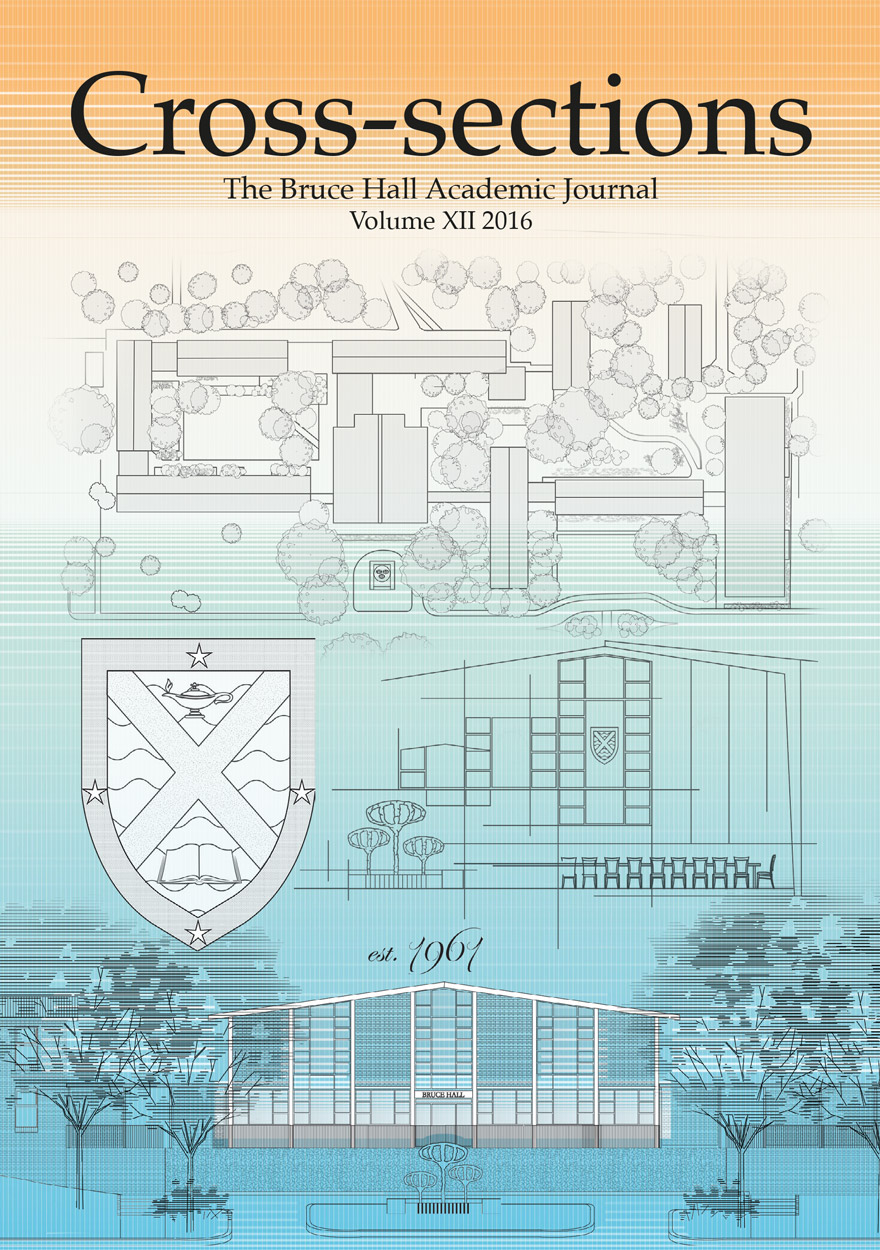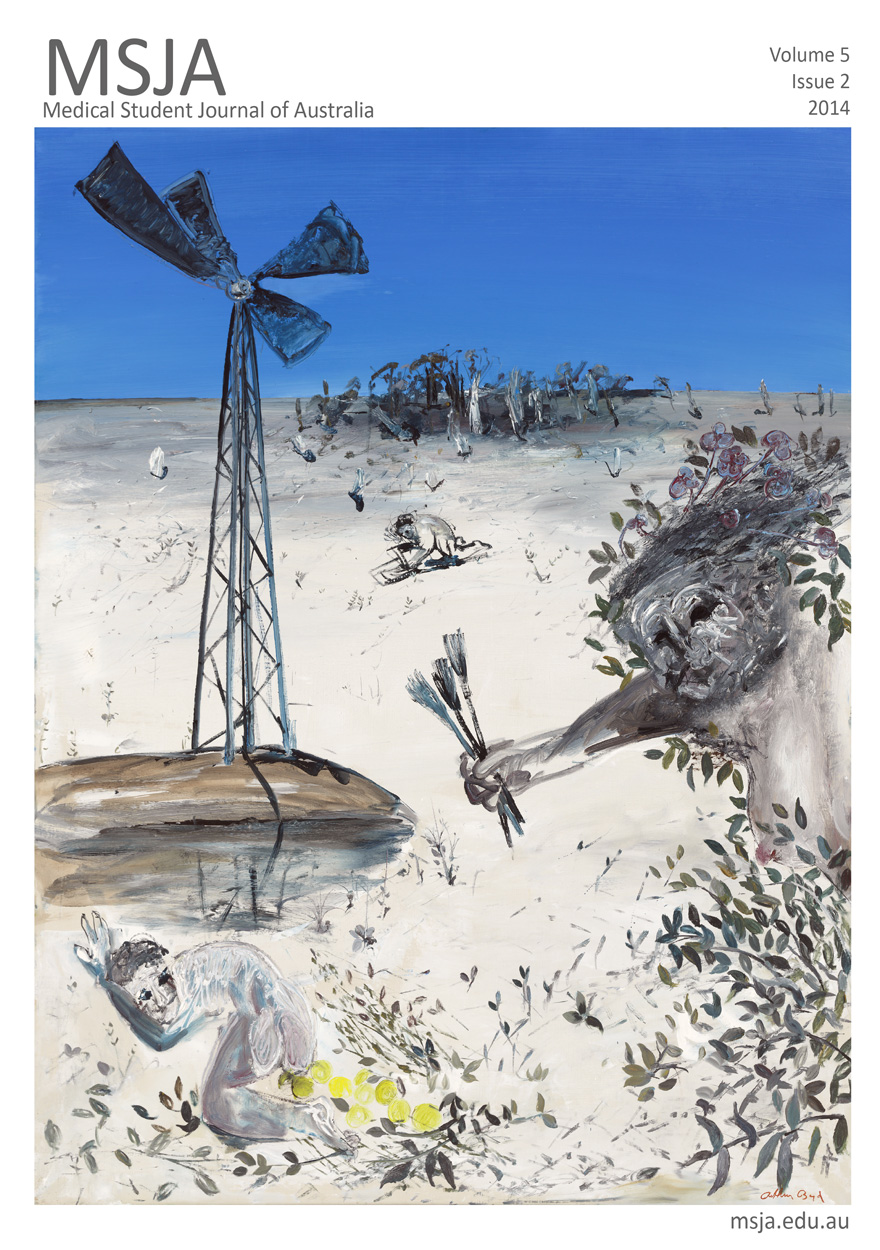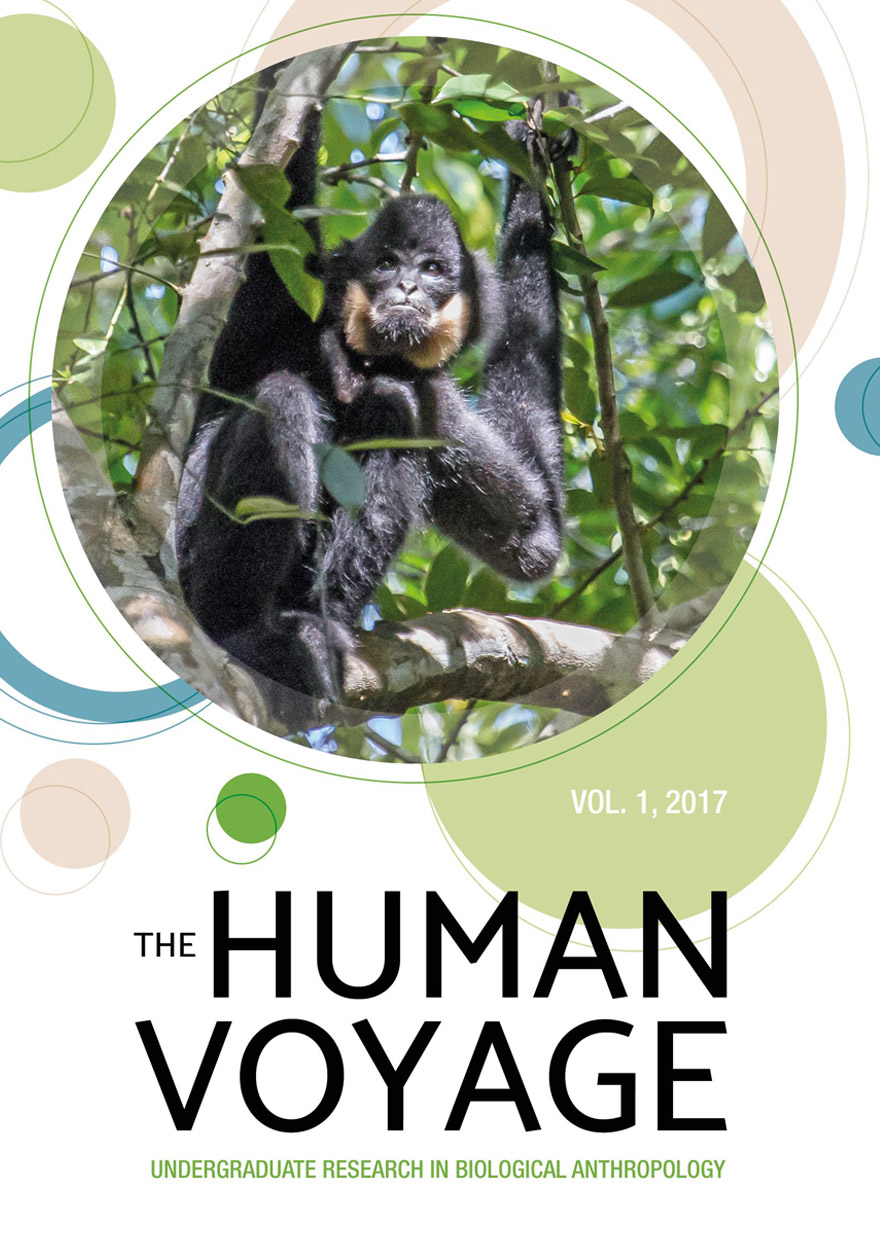Journals
Browse or search a variety of academic journals maintained by ANU Press, or find out more about the journal authors. Download the book for free or buy a print-on-demand copy.
David Bulbeck »
David Bulbeck is a specialist in the archaeology and palaeoanthropology of Peninsular Malaysia and Sulawesi. Bulbeck’s PhD, from ANU, School of Archaeology and Anthropology, College of Arts and Social Sciences (CASS), included a survey of fortifications and other sites associated with the rise of Makassar as a trading emporium in South Sulawesi between the sixteenth and seventeenth centuries AD. A subsequent project focused on the historical archaeology of the early iron-producing kingdom of Luwuq, South Sulawesi. Since 2009, Bulbeck has been a Research Associate in the ANU Department of Archaeology and Natural History, devoting most of his time to a project on the prehistory of the Lake Towuti region in south-eastern Sulawesi.
Philip J. Piper »
Philip J. Piper is an archaeologist in the School of Archaeology and Anthropology, The Australian National University. His zooarchaeological research has concentrated on identifying the transition from hunting to animal management in Mainland and Island Southeast Asia, Late Pleistocene and Early Holocene subsistence strategies, prehistoric island colonisation and adaptation, and the application of zooarchaeology and palaeoecology to issues of contemporary biological conservation. His most recent work has focused on Neolithic and Bronze Age settlement patterning, social and cultural relationships and the construction of sound chronological frameworks in southern and central Vietnam.
Eun Jeong Soh »
Eun Jeong Soh received her PhD from the University of South Carolina. Her primary research interests are food management, health and market place economy in North Korea. From 2014 to 2016, she was a Postdoctoral Research Fellow in the College of Asia and the Pacific, The Australian National University.
Elisabetta Gnecchi-Ruscone »
Elisabetta Gnecchi-Ruscone teaches Societies and Cultures of the Pacific at the University of Milano-Bicocca and consults for ethnographic museums; she holds a PhD from The Australian National University, and her site of fieldwork is Tufi (Papua New Guinea).
Anna Paini »
Anna Paini is Associate Professor in Anthropology at the University of Verona. She holds a PhD in Cultural Anthropologly from The Australian National University and has done extensive fieldwork in Lifou (New Caledonia).
Siobhan McDonnell »
Siobhan McDonnell is a Research Fellow in the National Centre for Indigenous Studies and the State Society and Governance in Melanesia Program at The Australian National University.
Charles Darwin University »
Charles Darwin University (CDU) is a new world university; committed to bringing people together to use knowledge to shape the future. It's a place where everyone can follow their passion to make things better – however big or small. As the only university in the Northern Territory, CDU is
Don Zoellner »
Dr Don Zoellner has worked in the school, vocational and higher education sectors in the Northern Territory since 1973. He served as the Executive Director of Centralian College in Alice Springs and Pro Vice-Chancellor VET and Community Engagement at Charles Darwin University. He has been a member of the Board of Directors of the Enterprise and Career Education Foundation, a member of the National Advisory Council on Suicide Prevention, Chairperson of the Australian Principals’ Associations Professional Development Council and a board member of TAFE Directors Australia. Dr Zoellner has served on numerous advisory committees, reviews and evaluations of education and training at both NT and national levels. Dr Zoellner is a Fellow of the Australian College of Educators and recently retired board chair of Group Training NT. He is the independent chair of the Industry Skills Advisory Council NT and has recently been appointed as the Northern Territory representative on the Australian Industry and Skills Committee. Dr Zoellner completed his Doctor of Philosophy in 2013 by describing the development and implementation of vocational education and training policy in Australia and continues to research, write and publish in the area.
Sophie Scott-Brown »
Sophie Scott-Brown was awarded an international scholarship for her PhD in contemporary British historiography, later working as assistant editor for Using Lives: Essays in Australian History and Biography (Australian Dictionary of Biography). Currently the Participation and Learning Manager for the National Centre for Writing (Norwich, UK), she continues to work on modern intellectual history and biography.
Sally Treloyn »
Sally Treloyn is an Australian Research Council Future Fellow and a Senior Lecturer in Ethnomusicology and Intercultural Research at the Faculty of Victorian College of the Arts and Melbourne Conservatorium of Music at the University of Melbourne. Sally’s academic interests are centred on repatriation, sustainability, and the performance traditions of the Kimberley and the Pilbara, Australia.
Annmarie Elijah »
Annmarie Elijah is Associate Director of the Centre for European Studies at The Australian National University. She has worked as a policy officer in the Australian Department of Prime Minister and Cabinet, and has taught politics at the University of Melbourne, Victoria University of Wellington and ANU. Her research interests include trade policy, Australia-EU relations, European integration, federalism and trans-Tasman relations.
Don Kenyon »
Don Kenyon is Associate Professor and Visiting Fellow at the Centre for European Studies, The Australian National University. During 1993–1996 he was Australian Ambassador to the GATT and WTO in Geneva and during 1997–2000 Ambassador to the European Union, Belgium and Luxemburg. He was a senior trade negotiator for the Australian Government with many years’ experience in bilateral and multilateral trade negotiations.
Karen Hussey »
Karen Hussey is Professor and Deputy Director at the Global Change Institute at the University of Queensland. Trained as a political scientist, Karen undertakes research in the field of public policy and governance, with a particular interest in public policy relating to sustainable development. Her recent research has focused on water and energy security, the role of the state in climate change mitigation and adaptation, the links between international trade and environmental regulation, and the peculiarities of public policy in federal and supranational systems.
Pierre van der Eng »
Pierre van der Eng is Associate Professor in the College of Business and Economics, The Australian National University. He is an economist and historian with interests in business history and international business, as well as economic history and development economics. His current research interests include aspects of business development and company organisation, particularly continental European firms in Australia.
Michael Wesley »
Michael Wesley is Professor of International Affairs and Dean of the College of Asia and the Pacific at The Australian National University. His research interests include Australian foreign policy, Asian security dynamics, state-building interventions and transnational security threats.
Philip Hughes »
Philip Hughes worked full time as the project’s geoarchaeologist from 1974 to 1977 while at ANU. From 1985–1991, while at University of Papua New Guinea (UPNG), working with colleagues and students, he undertook research into soil erosion and catchment and swamp hydrology at Kuk aimed at further understanding the site’s geoarchaeology and human impact on soil erosion in the catchment from the late Pleistocene to the present.
Jack Golson »
Jack Golson took on the organisation and direction of the Kuk project as a multidisciplinary undertaking along lines to which he had been introduced as a student, incorporating palaeobotany and geomorphology with archaeology and ethnography.
Tim Denham »
Tim Denham undertook multidisciplinary investigations of early plant exploitation and cultivation at Kuk Swamp for his PhD research at ANU from 1997 to 2004. In particular, he introduced to the project recent advances in archaeobotany, allowing the identification of basic food crops of the New Guinea/Pacific region like yams, taro and bananas. He was also an advocate of more integrated site sampling procedures.
Pamela Swadling »
Pamela Swadling worked as an archaeologist in PNG initially at UPNG, then at the Institute of PNG Studies. From 1978 to 1999, she was Curator of Prehistory at the National Museum. With Director Soroi Eoe and Jack Golson, she put Kuk on its long journey to becoming a World Heritage Site. She also initiated a series of draft booklets about the findings at Kuk, out of which there began to emerge in the early 2000s the Kuk book that we have today.
John Muke »
John Muke is the first Papua New Guinean to be awarded a PhD in archaeology. He returned home with it from University of Cambridge in early 1993 to a lectureship in the Department of Anthropology at UPNG. Born and raised in the Minj area of the middle Wahgi Valley, less than 50 km east of Mount Hagen, he played an important role in negotiating on behalf of the project at crucial phases in its history—when the Kuk Station was closed down at the end of 1990, and when some years later the locals repossessed the station land. He also worked closely with Tim Denham on the nomination of Kuk as a World Heritage Site.
Robbie Robertson »
Robbie Robertson is a former Professor of Development Studies at the University of the South Pacific (Suva), and Professor and Head of Arts & Social Sciences at James Cook University. He is currently Professor and Dean of Arts, Social Sciences & Humanities at Swinburne University of Technology. He has also taught at La Trobe University, The Australian National University and the University of Otago.
He has published widely on Fiji and globalisation, his most recent work being ‘Globalization thinking and the Past’, in Tamar Hodos (ed), The Routledge Handbook of Archaeology and Globalization (2017).
Anna-Karina Hermkens »
Anna-Karina Hermkens is an academic (lecturer, writer and researcher) who specialises in cultural anthropology, ethnographic art, museum collections and gender studies. She worked as a postdoctoral research fellow in Professor Margaret Jolly’s Australian Research Council Laureate Fellowship project, ‘Engendering Persons, Transforming Things: Christianities, Commodities and Individualism in Oceania’ (FL100100196). She is currently working at the Department of Anthropology at Macquarie University, and is a visiting research fellow in Professor Nicholas Thomas’s Pacific Presences Project, at the Museum of Archaeology and Anthropology, University of Cambridge, UK. Anna-Karina’s aim is to explore and establish an ‘anthropology-in-art’ practice which fuses academic theory and research on gender and art with her ceramics and painting.
Katherine Lepani »
Katherine Lepani is an anthropologist with a research focus on gender and health. She lives in Papua New Guinea and is currently working as gender equity specialist for the PNG Governance Facility, a joint initiative between the Governments of PNG and Australia. She was recently a senior research associate with Professor Margaret Jolly’s Australian Research Council Laureate Fellowship project, ‘Engendering Persons, Transforming Things: Christianities, Commodities and Individualism in Oceania’ (FL100100196), 2010–2015. Lepani’s book Islands of Love, Islands of Risk: Culture and HIV in the Trobriands (2012), based on her PhD thesis, is the first full-length ethnography that examines the interface between global and local understandings of gender, sexuality and HIV in a Melanesian cultural context.
Hilde Coffé »
Hilde Coffé is an Associate Professor at the Political Science and International Relations Programme at Victoria University of Wellington. Her research interests focus on public opinion, political behaviour and political representation. She has written numerous articles that have been published in leading political science and sociology journals, and has been a visiting fellow at different institutions, including the University of California Berkeley, the University of Sydney and the Åbo Akademi University.
Nic Maclellan »
Nic Maclellan works as a journalist and researcher in the Pacific islands. As a broadcaster and correspondent, he has contributed to Islands Business magazine, Radio Australia, The Guardian, Inside Story, The Contemporary Pacific and other regional media and journals.
He has written widely on the environment, development, decolonisation and demilitarisation in the Pacific, and was awarded the 2015 ‘Outstanding Contribution to the Sector’ award by the Australian Council for International Development (ACFID).
He is co-author of other books on Pacific affairs, including La France dans le Pacifique: de Bougainville à Moruroa (Editions La Découverte, Paris), After Moruroa: France in the South Pacific (Ocean Press, New York and Melbourne) and Kirisimasi (PCRC, Suva).
ANU Press Journals
Aboriginal History Journal »
Since 1977, the journal Aboriginal History has pioneered interdisciplinary historical studies of Australian Aboriginal people’s and Torres Strait Islander’s interactions with non-Indigenous peoples. It has promoted publication of Indigenous oral traditions, biographies, languages, archival and bibliographic guides, previously unpublished manuscript accounts, critiques of current events, and research and reviews in the fields of anthropology, archaeology, sociology, linguistics, demography, law, geography and cultural, political and economic history.
Aboriginal History Inc. is a publishing organisation based in the Australian Centre for Indigenous History, Research School of Social Sciences, The Australian National University, Canberra.
For more information on Aboriginal History Inc. please visit aboriginalhistory.org.au.
Submission details
Please send article submissions to aboriginal.history@anu.edu.au.
Articles of about 7,000 words in length (including footnotes and references) are preferred, but submissions up to 9,000 words will be considered. Please submit an electronic version of the paper (text only without embedded images or scans) in Microsoft Word or RTF format, along with a short abstract and author biography as a separate document.
ANU Historical Journal II »
The ANU Historical Journal II (ANUHJ II) is an open-access, peer-reviewed academic history journal of the ANU College of Arts and Social Sciences and the ANU College of Asia and the Pacific. It is a revival of the ANU Historical Journal, which was published between 1964 and 1987. Contributors to the first journal included academics such as Ken Inglis, Manning Clark, John Ritchie and Oliver MacDonagh along with then-emerging scholars Iain McCalman, Michael McKernan, Margaret George, Coral Bell, John Iremonger, Alastair Davidson, Susan Magarey and Rosemary Auchmuty. As well as upholding the Journal’s commitment to the work of students and early career researchers, the ANUHJ II has expanded its focus to include memoirs, short articles and long-form book reviews.
The ANUHJ II invites submissions from students, graduates and academics of any Australian university.
For more information about the ANUHJ II, please visit anuhj.com.au
Australian Journal of Biography and History »
The Australian Journal of Biography and History is an initiative of the National Centre of Biography (NCB) in the Research School of Social Sciences at The Australian National University. The NCB was established in 2008 to extend the work of the Australian Dictionary of Biography and to serve as a focus for the study of life writing in Australia, supporting innovative research and writing to the highest standards in the field, nationally and internationally. The Australian Journal of Biography and History seeks to promote the study of biography in Australia. Articles that appear in the journal are lively, engaging and provocative, and are intended to appeal to the current popular and scholarly interest in biography, memoir and autobiography. They recount interesting and telling life stories and engage critically with issues and problems in historiography and life writing.
The journal publishes peer-reviewed articles on Australian historical biography, including biographical studies, studies relating to theory and methodology, and the associated genres of autobiography, life writing, memoir, collective biography and prosopography. We are especially interested in articles that explore the way in which biography and its associated genres can illuminate themes in Australian history, including women in Australian society, family history, transnational networks and mobilities, and Indigenous history.
Submission Details
Please send article submissions or abstracts to the Editor, Dr Malcolm Allbrook, National Centre of Biography, The Australian National University. Email: Malcolm.Allbrook@anu.edu.au. Articles should be in the range of 5,000 to 8,000 words (excluding footnotes), although longer submissions may be considered after consultation with the Editor. Style and referencing: please use footnotes in Chicago style, and follow British spelling.
East Asia Forum Quarterly »
East Asia Forum Quarterly grew out of East Asia Forum (EAF) online, which has developed a reputation for providing a platform for the best in Asian analysis, research and policy comment on the Asia Pacific region in world affairs. EAFQ aims to provide a further window onto research in the leading research institutes in Asia and to provide expert comment on current developments within the region. The East Asia Forum Quarterly, like East Asia Forum online, is an initiative of the East Asia Forum (EAF) and its host organisation, the East Asian Bureau of Economic Research (EABER) in the Crawford School of Public Policy in the ANU College of Asia & the Pacific at The Australian National University.
Submission details
Unsolicited submissions to EAF are welcome. An analytic op-ed piece that is accessible to a general audience and written in crisp language is required. The preferred length of submissions is around 800 words. Submissions will be double-blind reviewed and, if accepted for publication, edited for English fluency and house style before returned for clearance by the author. EAFQ does not use footnotes but would be extremely appreciative if hyperlinks to internet sources are included wherever possible. EAFQ reserves the right to determine the title for any piece, but will not publish a piece or a title without permission. A suggested title is appreciated. If you have any further queries, or would like to submit, please contact shiro.armstrong@anu.edu.au.
Human Ecology Review »
Human Ecology Review is a semi-annual journal that publishes peer-reviewed interdisciplinary research on all aspects of human–environment interactions (Research in Human Ecology). The journal also publishes essays, discussion papers, dialogue, and commentary on special topics relevant to human ecology (Human Ecology Forum), book reviews (Contemporary Human Ecology), and letters, announcements, and other items of interest (Human Ecology Bulletin). Human Ecology Review also publishes an occasional paper series in the Philosophy of Human Ecology and Social–Environmental Sustainability.
Submission details
For information on preparing your manuscript for submission, please visit www.humanecologyreview.org. To submit a manuscript to Human Ecology Review, please visit mstracker.com/submit1.php?jc=her, or email humanecologyreviewjournal@gmail.com.
Humanities Research »
Humanities Research is a peer-reviewed, open access, annual journal that promotes outstanding innovative, interdisciplinary and multidisciplinary scholarship to advance critical knowledge about the human world and society.
The journal is co-published by the Humanities Research Centre, The Australian National University, Canberra. It was launched in 1997 and went into hiatus in 2013. In 2022, the journal is resuming publication, reflecting the continuing strength of the humanities at The Australian National University, the rapid development of the interdisciplinary, environmental and public humanities over the last decade, and the opportunities for international collaboration reflected in the resumption of international travel in 2022.
Issues are thematic with guest editors and address important and timely topics across all branches of the humanities.
International Review of Environmental History »
International Review of Environmental History takes an interdisciplinary and global approach to environmental history. It encourages scholars to think big and to tackle the challenges of writing environmental histories across different methodologies, nations, and time-scales. The journal embraces interdisciplinary, comparative and transnational methods, while still recognising the importance of locality in understanding these global processes.
The journal’s goal is to be read across disciplines, not just within history. It publishes on all thematic and geographic topics of environmental history, but especially encourage articles with perspectives focused on or developed from the southern hemisphere and the ‘global south’.
Submission details
Please send article submissions or abstracts to the Editor, Associate Professor James Beattie, Science in Society, Victoria University of Wellington, PO Box 600, Wellington 6142, New Zealand. Email: james.beattie@vuw.ac.nz.
Abstracts should be no more than 200 words, and include a list of keywords. Articles should be in the range 5,000 to 8,000 words (including footnotes), although longer submissions may be considered after consultation with the editor. Style and referencing: please use footnotes in Chicago Style, follow British spelling, and use single quotation marks only. Find out more details about Chicago Style.
Lilith: A Feminist History Journal »
Lilith: A Feminist History Journal is an annual journal that publishes articles, essays and reviews in all areas of feminist and gender history (not limited to any particular region or time period). In addition to publishing research articles on diverse aspects of gender history, Lilith is also interested in publishing feminist historiographical and methodological essays (which may be shorter in length than typical research articles). Submissions from Australian and international early career researchers and postgraduate students are particularly encouraged.
The journal first began publication in Melbourne in 1984. It is the official journal of the Australian Women’s History Network, an organisation dedicated to promoting research and writing in all fields of women’s, feminist and gender history.
For more information about Lilith, please visit www.auswhn.org.au/lilith/.
Made in China Journal »
The Made in China Journal (MIC) is a publication focusing on labour, civil society and human rights in China. It is founded on the belief that spreading awareness of the complexities and nuances underpinning socioeconomic change in contemporary Chinese society is important, especially considering how in today’s globalised world Chinese labour issues have reverberations that go well beyond national borders. MIC rests on two pillars: the conviction that today, more than ever, it is necessary to bridge the gap between the scholarly community and the general public, and the related belief that open-access publishing is necessary to ethically reappropriate academic research from commercial publishers who restrict the free circulation of ideas.
Discontinued ANU Press Journals
Agenda - A Journal of Policy Analysis and Reform »
Please note: This journal ceased publishing in 2021.
Agenda is a refereed, ECONLIT-indexed and RePEc-listed journal of the College of Business and Economics, The Australian National University. Launched in 1994, Agenda provides a forum for debate on public policy, mainly (but not exclusively) in Australia and New Zealand. It deals largely with economic issues but gives space to social and legal policy and also to the moral and philosophical foundations and implications of policy.
Submission details
Authors are invited to submit articles, notes or book reviews, but are encouraged to discuss their ideas with the Editor beforehand. All manuscripts are subject to a refereeing process. Manuscripts and editorial correspondence should be emailed to: william.coleman@anu.edu.au.
Subscribe to the Agenda Alerting service if you wish to be advised on forthcoming or new issues.
Australian Humanities Review »
Please note: This journal ceased publishing with ANU Press in 2012. Current issues are available at australianhumanitiesreview.org.
Australian Humanities Review is a peer-reviewed interdisciplinary journal featuring articles, essays and reviews focusing on a wide array of topics related to literature, culture, history and politics.
craft + design enquiry »
Please note: This journal ceased publishing in 2015.
craft + design enquiry is an open-access, peer-reviewed journal promoting and disseminating research excellence generated by and about the craft and design sector. craft + design enquiry investigates the contribution that contemporary craft and design makes to society, establishing a dialogue between craft and design practice and cultural, social and environmental concerns. It includes submissions from across the field of craft and design from artists and practitioners, curators, historians, art and cultural theorists, educationalists, museum professionals, philosophers, scientists and others with a stake in the future developments of craft and design.
ANU Student Journals
ANU Undergraduate Research Journal »
Please note: This journal is now published via the ANU Student Journals platform; the latest issues can be found here: studentjournals.anu.edu.au/index.php/aurj
The ANU Undergraduate Research Journal presents outstanding essays taken from ANU undergraduate essay submissions. The breadth and depth of the articles chosen for publication by the editorial team and reviewed by leading ANU academics demonstrates the quality and research potential of the undergraduate talent being nurtured at ANU across a diverse range of fields.
Established in 2008, AURJ was designed to give students a unique opportunity to publish their undergraduate work; it is a peer-reviewed journal managed by a team of postgraduate student editors, with guidance from the staff of the Office of the Dean of Students.
Burgmann Journal - Research Debate Opinion »
Please note: This journal is now published via the ANU Student Journals platform; the latest issues can be found here: studentjournals.anu.edu.au/index.php/burgmann
Burgmann Journal is an interdisciplinary, peer-reviewed publication of collected works of research, debate and opinion from residents and alumni of Burgmann College designed to engage and stimulate the wider community.
Cross-sections, The Bruce Hall Academic Journal »
Please note: This journal is now published via the ANU Student Journals platform; the latest issues can be found here: studentjournals.anu.edu.au/index.php/cs
Representing the combined energies of a large group of authors, editors, artists and researchers associated with Bruce Hall at the ANU, Cross-sections collects a range of works (from academic articles and essays to photography, digital art and installation artwork) that represents the disciplinary breadth and artistic vitality of the ANU.
Presenting a challenging and absorbing way for students to hone vital research skills, in the process, Cross-sections nurtures a fruitful environment of collaborative interaction between academics and students.
Medical Student Journal of Australia »
Please note: This journal ceased publishing in 2015.
The Medical Student Journal of Australia provides the medical school of The Australian National University with a platform for medical students to publish their work in a peer-reviewed journal, communicating the results of medical and health research information clearly, accurately and with appropriate discussion of any limitations or potential bias.
Merici - Ursula Hall Academic Journal »
Please note: This journal is currently not publishing any new issues.
Merici is the combined works of undergraduate authors at Ursula Hall. Merici contains research and analysis from a range of disciplines and is thoroughly reviewed by ANU academics to ensure the showcasing of the best Ursula Hall has to offer.
The Human Voyage: Undergraduate Research in Biological Anthropology »
Please note: This journal is now published via the ANU Student Journals platform; the latest issues can be found here: studentjournals.anu.edu.au/index.php/hv
The Human Voyage: Undergraduate Research in Biological Anthropology is a journal that publishes outstanding student articles in all areas of biological anthropology, including primatology, palaeoanthropology, bioarchaeology and human behavioural ecology.
While the primary goal of this journal is to publish work of the highest quality authored by undergraduate students, it will also educate students in regards to publishing in academia. All submissions will be peer-reviewed and edited by ANU academic staff.




